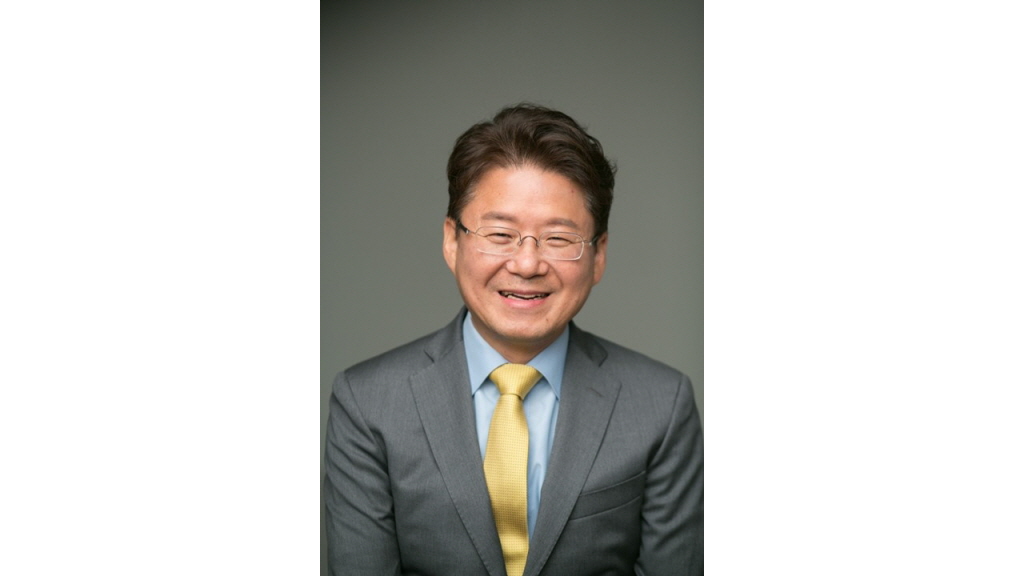
▲김필수 대림대학교 미래자동차학부 교수
“고령운전자 사고 감소 위한 한국형 페달 오조작 방지장치 도입 나서야”
정부·지자체, 페달 오조작 방지장치 도입 가속화…준비는 미비
무리한 고령운전자 사고 감소 정책 지양해야…국민적 공감대 必
최근 서울시청 앞 대형 자동차 사고로 인한 관심사가 자동차 급발진 문제와 고령운전자 문제로 이어지고 있다.
특히 고령운전자가 급증하면서 페달 오조작 사고를 방지하기 위한 ‘긴급 자동 제동장치’나 ‘페달 오조작 방지장치’를 자동차 급발진 예방장치로 잘못 받아들여지고 있는 사례도 속출하고 있다.
현재 자동차 급발진을 예방하는 장치는 글로벌 시장으로 시야를 넓혀도 찾을 수 없고 감소시킬 수 있는 방법만을 강구하고 있다.
고령운전자의 페달 오조작으로 발생하는 사고가 증가함에 따라 페달 오조작 방지장치가 관심을 받고 있다.
본인이 가속페달을 밟았는지 혹은 브레이크페달을 밟았는지 기억을 하지 못해 면피용으로 자동차 급발진이라고 하는 경우도 많다.
페달 오조작 방지장치는 운전자가 가속페달을 잘못 밟았을 경우 브레이크가 작동하여 자동차를 정지 또는 서행시키는 기능이 있다고 할 수 있다.
이는 가장 좋은 대안으로 꼽히며 중앙정부나 지자체에서 이에 대한 도입을 서두르고 있으며 장착을 할 경우 비용을 일부 보장해주는 방법도 제안되었다.
문제는 이에 대한 준비가 한순간에 진행되는 것은 아니라는 것이다.
현재 제작사에서 신차에 적용할 경우 가능하겠지만 현실은 긴급 자동 제동장치에 머물러 있고 페달 오조작 방지장치는 새로 개발해야 한다.
일본을 벤치마킹할 필요가 있다.
일본은 20여년 전 고령사회로 진입한 뒤부터 고령운전자가 사고가 급증하기 시작했다.
일본 정부는 중소기업에서 애프터마켓용으로 개발한 페달 오조작 방지장치를 인증할 수 있는 체계를 정립하여 현재 진행 중에 있다.
일본 차량 중심으로 모든 차량에 작용 가능한 페달 오조작 방지장치를 다양하게 개발되어 있고 우리 돈으로 약 25~30만원 정도면 장착이 가능하다.
지자체 등에서 장착 보조금을 지급하며 고령자의 부담도 줄여주고 있다.
일본에서는 이에 대한 인증 제품이 다양하고 매뉴얼화 되어 있으며, 지자체의 보조금 지급 여부 등 다양한 준비가 철저하다고 할 수 있다.
우리보다 앞서 고령사회로 진입하여 차근차근 이루어 낸 과정이기에 시사하는 바가 매우 크다고 하겠다.
우리에게는 이러한 긴 과정을 겪을 수 있는 시간이 없는 만큼 발 빠른 한국형 모델 정립이 요구된다.
처음에는 수입 장착하는 과정을 거치되 점차 우리 것을 제작하여 보급하는 방법이 가장 좋을 것이다.
이 외에도 일본의 고령사회 진입에 따른 각종 제도와 시행방법은 본격적으로 고민이 늘고 있는 우리에게 크게 도움이 될 수 있다.
급격히 늘고 있는 우리의 고령운전자 사고 감소 정책을 도입하면서, 적절한 국민적 공감대와 합리성을 가지고 하나하나 만들어 가기를 바란다.
의원입법을 통한 무리한 제도 도입 등 국민적 어려움만 가중시키는 경우가 발생해서는 안 된다.
해외 선진 사례를 참조하여 제대로 된 정책으로 완성되기를 바란다.
이 중 가장 국민적 관심사가 큰 고령운전자용 조건부 면허 등이 그 하나일 것이다.